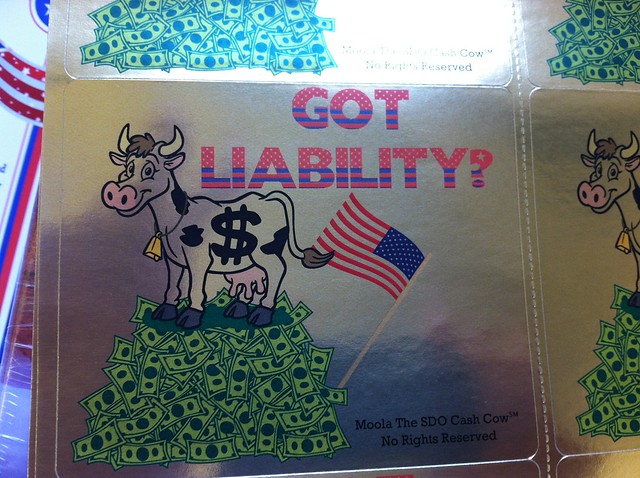If you are a freelancer, chances are you have little, if any, insurance coverage. Your previous job may have covered your medical expenses but now everything comes out of your own pocket. This means that you probably choose to spend your money on what you feel is important (house, food, etc.) and give up on having insurance. However, being a freelancer does not mean that you have to completely rule out having insurance. There are at least three types of freelancer insurance that you should consider if you plan on being a freelancer for some time to come.
Health insurance:
Health insurance has been the hot topic over the last couple of years. With the implementation of the Affordable Care Act, health exchanges and changes to the way employers provide insurance have turned the industry on its head. However, freelancers not only have the ability to apply for insurance through the Affordable Care Act in the state where they live, there is also other agencies that can assist freelancers obtaining insurance.
The Freelancers Union has been helping freelancers obtain insurance for many years. It is a diverse community of self-employed individuals that can assist freelancers by providing information on private health insurance. They also provide discounts on gym memberships and other health programs.
Professional liability insurance:
Professional liability insurance, often referred to as “errors & omissions” insurance, protects you from liability when giving professional advice or performing professional services. For instance, a lawyer recommending that a client do something could be liable if that client suffers injury because of it. Errors and omissions insurance would help cover that attorney if such event happens.

Despite the photo, liability insurance is no laughing matter. Being found liable for professional negligence can ruin your business, as well as your personal finances.
“We all feel that we are infallible, but the truth is we all make mistakes,” said Dan, a tax preparer from Rancho Cucamonga, California. “No one tries to harm a client, but making a mistake could cost them financially. In that event, having good error and omission insurance will protect you both.” Dan is right. Professional liability insurance not only protects you, but also protects your client in the event they are harmed because of your advice.
Personal injury protection:
If part of your freelance work involves driving, having personal injury protection (“PIP”) is something to look into. Personal injury protection covers you in the event of an accident. It is recommended that you have PIP if you don’t already have car insurance (or only have liability insurance). Also, if you are going to be a passenger in a vehicle for your freelance work or using someone else’s vehicle, it is highly recommended that you get this insurance. Don’t trust someone telling you that you are covered, getting this type of insurance is affordable and will cover medical expenses, disability, or even provide death benefits depending on the amount of coverage you choose.
“I drive more than 3 hours a day,” says Michael Greenberg, an architect from Newport Beach, California. “I have projects all over Southern California so driving has become a large part of my business,” he added. “If something were to happen between my office and the jobsite, my auto insurance would only cover certain things. That is why getting personal injury protection was one of the best things I ever did.”
Being a freelancer does not mean that you have to go without insurance. In fact, there are many types of affordable insurance that can help protect freelancers as they grow their business. Not all insurance types mentioned herein are going to work for every freelancer, but hopefully it will open your eyes to the fact that they are available.


